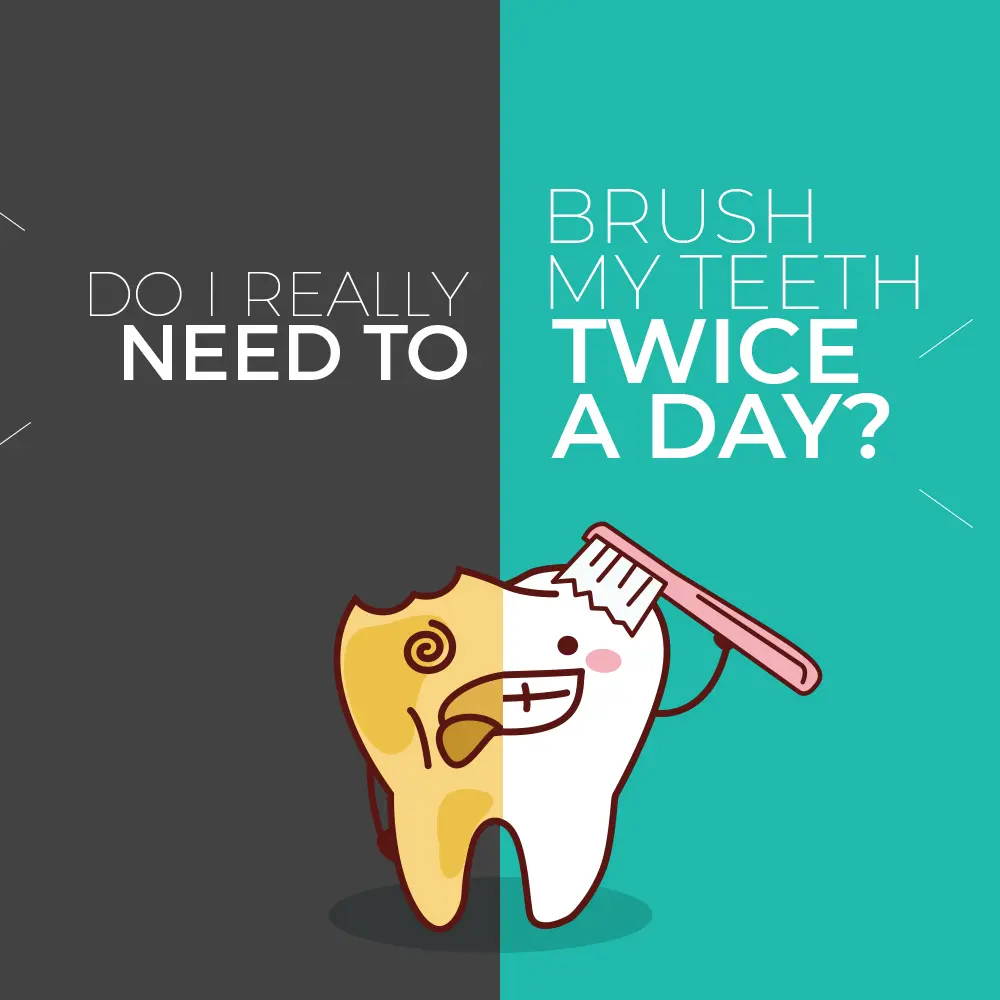Most of the day, we aren’t thinking about our oral health. A quick brush of the teeth in the morning and at night are done out of habit, more than with a lot of thought. And while it’s great that brushing has a place in your regular routine, you do need to make sure you’re actually taking care of your teeth, rather than just checking off an item on the daily to-do list. In fact, good brushing has a significant impact on your oral health, which affects your whole body.
Maintaining Oral Health
For some people, a trip to the dentist is downright miserable, while others go with little complaint. The fact is, your oral health is vastly in your control, and the problems you face at your dentist are often completely preventable. Its true genetics plays a role in some issues, but there’s even more reason to pay extra attention to your oral health.
Keeping a clean mouth wards off a number of issues, most notably cavities and periodontitis. The best thing you can do to keep your mouth clean is just to brush and floss. Doing it the right way, though, is a big part of good oral hygiene.
Why You Need to Brush
We all know we need to do this every day. Our breath is fresher and our teeth get clean, sure, this is obvious, but there’s more to it than just a simple service maintenance routine. Brushing well prevents tooth decay by removing plaque from your teeth. Plaque is a nasty, sticky film that coats your teeth, and it’s full of bacteria that creates an enamel-eating acid. The job of enamel is to protect your teeth, so you’re sort of destroying your oral defense tools by not getting rid of plaque. Leftover plaque eventually turns to tartar, which is not removable by brushing. Your dentist has to scrape it off your teeth, which is obviously not fun.
Not brushing enough is bad for your gums, too, as far as bacteria is concerned. When it sits around, gingivitis forms, a pre-cursor to periodontitis, which is a serious oral disease.
Beneficial Brushing Methods
How long you brush matters, not just that you’re doing it. A review of the International Journal of Dental Hygiene papers found that one minute of brushing removes 27% of plaque, while two minutes of brushing removes 41% of plaque – a big difference in just one minute!
But that doesn’t mean you need to brush for ten minutes every day. For the most part, the benefits of brushing don’t increase after a two-minute session. Exclusions include people who eat a lot of sugar, which rot at teeth like plaque bacteria and anyone with oral hygiene issues who need a little extra oral TLC. If you have orthodontia, you may need to spend more time since there’s some obstruction to work around.
It’s possible to over-brush too. Aggressive brushing damages gums and creates notches on your teeth. Symptoms include tooth sensitivity, receding gums, and indents where the tooth meets the gum. To keep yourself in check, use a soft-bristled toothbrush and be gentle. Change your toothbrush out every three to four months or when the bristles are frayed. The idea is to take a little extra time instead of rigor to keep those teeth clean and healthy. Four minutes a day is all you need.

